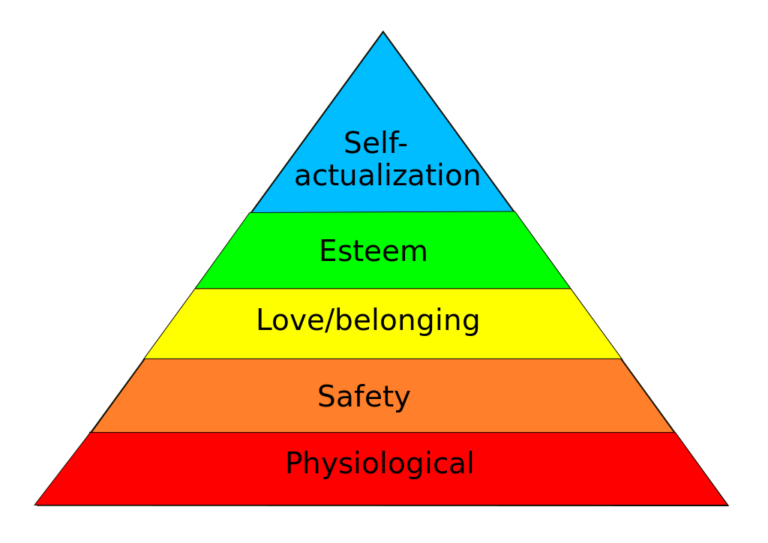Civility, Empathy, and Tears
It’s an easy thing to get caught up in the idea that civility is basically cerebral. But as the past week has shown, its emotional reality is vitally important, too. About a week ago, on January 5th, in a speech in which he announced some executive orders regarding gun control, President Obama shed very public…

